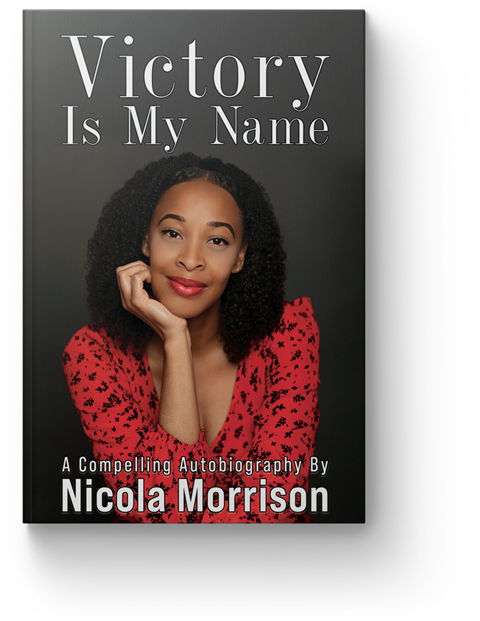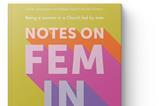
Readers will soon realise that writing this autobiography formed a key part of Nicola Morrison’s healing journey.
It is a detailed account of her story, from childhood games on a Sega Megadrive to midlife achievements as a BBC reporter – into which is woven her experience of family breakdown, grief, suicide attempts, depression and homelessness.
Underlying the narrative are shocking recollections of racism and colourism, the effects of which caused many years of “debilitating thoughts”. This makes Morrison’s self-realisation and acceptance all the more powerful. At one point, she recalls cutting her chemically straightened hair and “finding beauty in what I had once regarded as unattractive: my high forehead was regal, my hair was my crown and I would wear it proudly”.
Christianity is woven into Morrison’s story with references to the steadfastness of her grandparents’ faith and her own powerful conversion aged 18. However, the line between her encounter with Christ, and the victory Morrison testifies to at the end of the book, is only vaguely drawn. In fact, I found myself theologically questioning several phrases (“perhaps it’s the Libra in me that has caused me to seek out balance and quality”), and was left curious as to the author’s perspective on the role of the Holy Spirit in shaping our identities and motivations.
Despite being “consumed by the overwhelming weight of my sorrow” and experiencing “the very foundation of my family subside”, Morrison’s academic and professional achievements at the BBC reveal an inspiring resilience. Having said that, the author has a tendency to elevate the self throughout – revealed most starkly in the title Victory is My Name. This may be uncomfortable for readers keen to attribute personal healing and redemption not to ourselves but to Christ’s victorious work in us.






































No comments yet